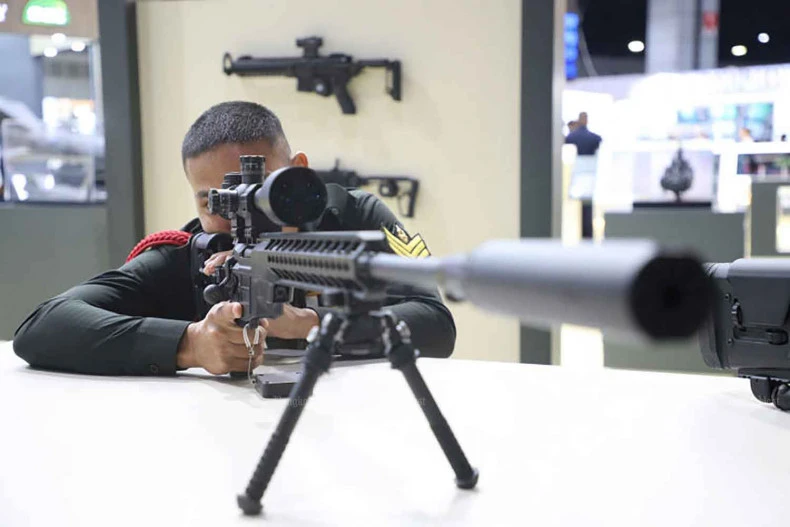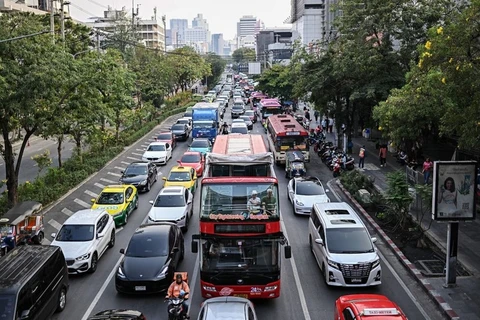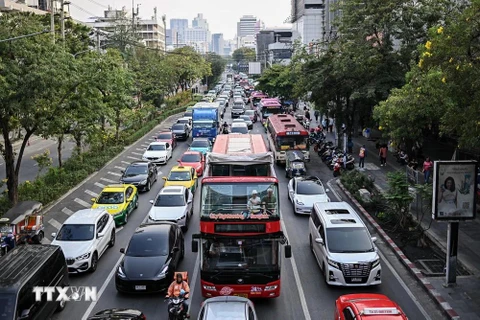
Bangkok (VNA) – Thai Prime Minister Srettha Thavisin has asserted the need for the armed forces to incorporate an offset policy in procuring weapons and military hardware.
Under this policy, reciprocal benefits should be secured as a condition for approving a new procurement deal, he said, adding that the benefits include an opportunity for Thailand to take part in developing new defence technology of the country selected to supply the armed forces with new military hardware.
During his meeting on June 24 with Marcus Wallenberg - President of Swedish bank Skandinaviska Enskilda Banken (SEB) and Saab AB, Srettha discussed the possibility of the Thai government purchasing 12 SAAB Gripen fighter jets.
Srettha said he was seeking the establishment of a new SAAB aircraft assembly factory, aircraft part manufacturer, or aircraft repair facility in Thailand.
He suggested Thailand and Sweden hold a small forum on the sidelines of the next World Economic Forum in Davos, Switzerland. This will allow Thailand to discuss with Swedish companies more deeply on technological cooperation in broad-ranging fields.
However, at the meeting, Srettha did not go into detail about the Royal Thai Air Force's plan to procure new fighter jets.
He said it is the responsibility of the Ministry of Defence to decide what model and from which supplier its new jets will be purchased.
He said the offset policy should apply even if the air force buys US F-16 fighter jets instead./.






















